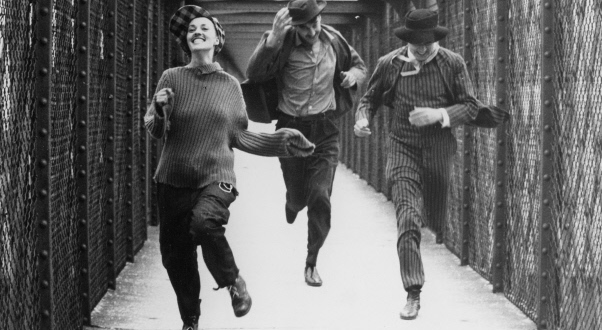
Generally, triangular love is a common trope in many romantic films, but most of them can be described as quadrilateral or rectangular love as well.
This list has tried to include only those films where there are tension and competition between three parties. They may not necessarily be romantic films; all the films included that have shown love triangles in a subtle way, whether they focus on war, action, suspense, horror, or psychological elements. These films are ranked in chronological order.
Note: Triangular love films aren’t included that deal with incestuous relationships. For instance, Carl Theodor Dreyer’s “Day of Wrath”, Akio Jissoji’s “Mujo”, Bernardo Bertolucci’s “The Dreamers”, and Kim Ki Duk’s extremely disturbing “Moebius” are not on this list.
20. Tokyo Fist (Shinya Tsukamoto, 1995)
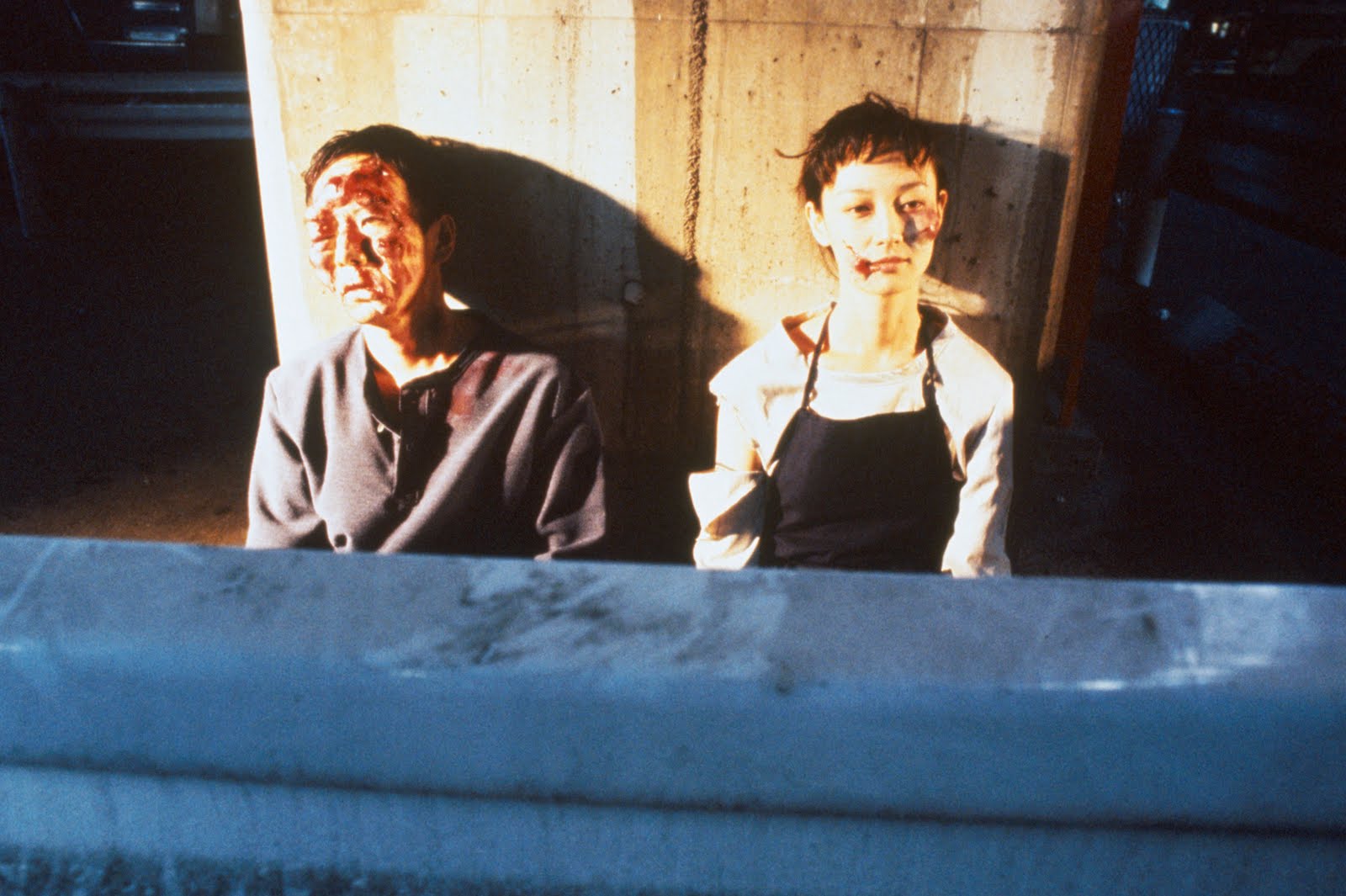
This is the ultimate example of a triangular love story in its most extreme form. When its male lead (played by director Shinya Tsukamoto) sees his fiancée with his boxer ex-friend in his room in a seemingly suspicious state, he becomes excessively furious. At first, his fiancée had once denied the boxer’s proposal, but after he beats her fiancé to a pulp, she becomes attracted to his animalistic personality and behavior. Needless to say, she goes with him.
The humiliated fiancé starts to learn boxing to beat his ex-friend, and especially to show his manliness to get his fiancée back. This film has depicted jealousy at the most extreme level and appeared to be an action film rather than romantic one. Tsukamoto, who is famous for his cult film “Tetsuo: The Iron Man”, has mainly shown only these three characters.
These male rivals fight with each other dangerously, up until the end. On the other hand, the female lead is also somehow warlike and becomes distracted with the boxer after knowing his hidden cowardice, but still wants to make her fiancé jealous.
19. Rhino Season (Bahman Ghobadi, 2012)
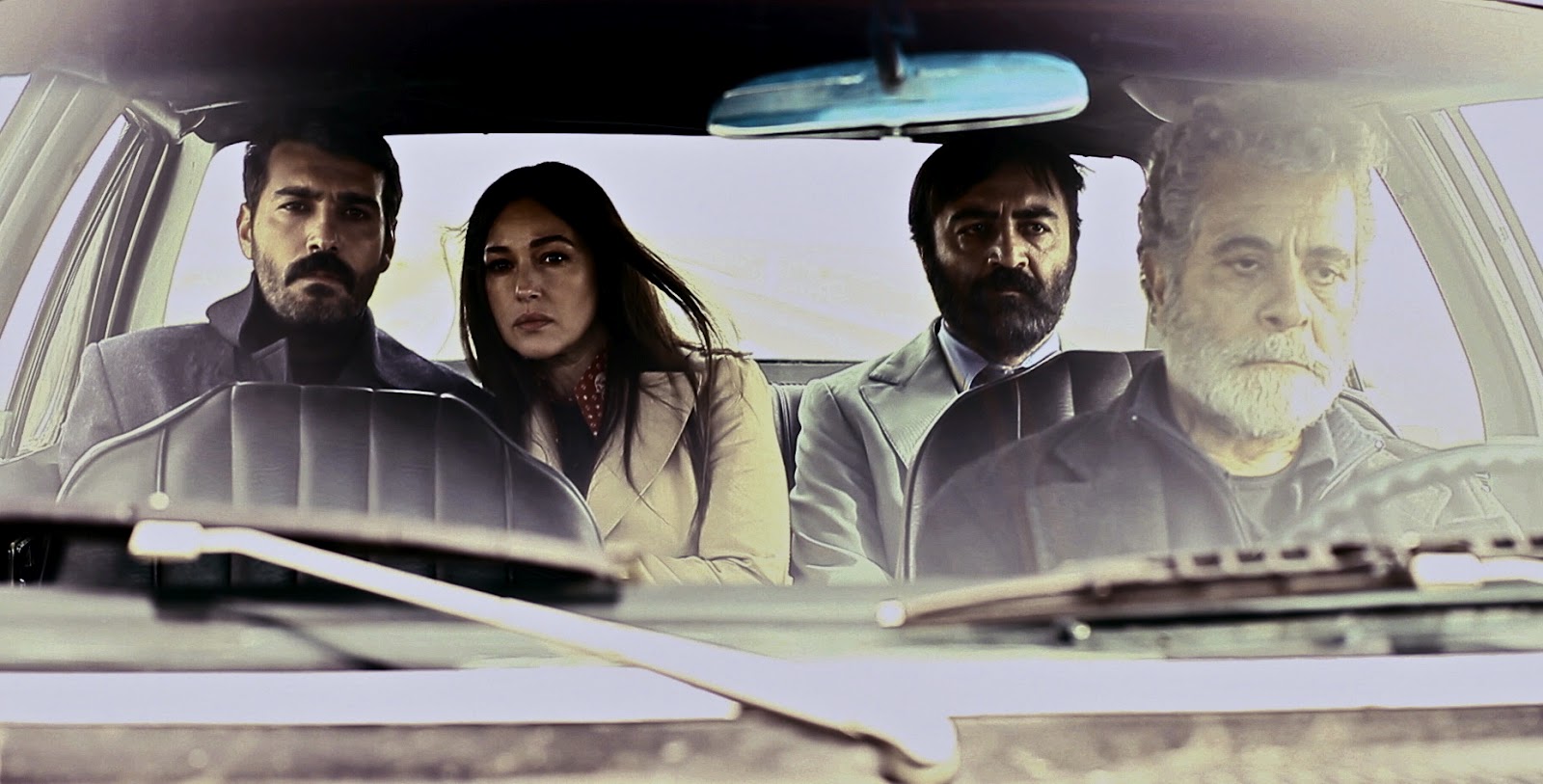
An Iranian poet, who was pronounced dead by his government but was actually in prison, is freed after spending 30 years of his life locked away. He then goes to Istanbul to search for his wife, who is living a sort of refugee-like life.
After investigations, he finds out that a man, who claims that he is a father of his wife’s two daughters, frequently comes to Istanbul and meets with her. Then flashbacks of many bitter past events are shown mysteriously in this visually audacious film.
We know that the man was the poet’s driver, and he had fallen in love with his wife. To get her, he traps the poet in a political conspiracy, blaming him for writing poems against Islam. But its story doesn’t end there.
You have to watch it to see what will happen in prison and in Istanbul. Director Bahman Ghobadi has successfully used metaphors like leeches, cats, turtles, rhinos, and horses in this mesmerizing film.
18. Enemy (Denis Villeneuve, 2013)
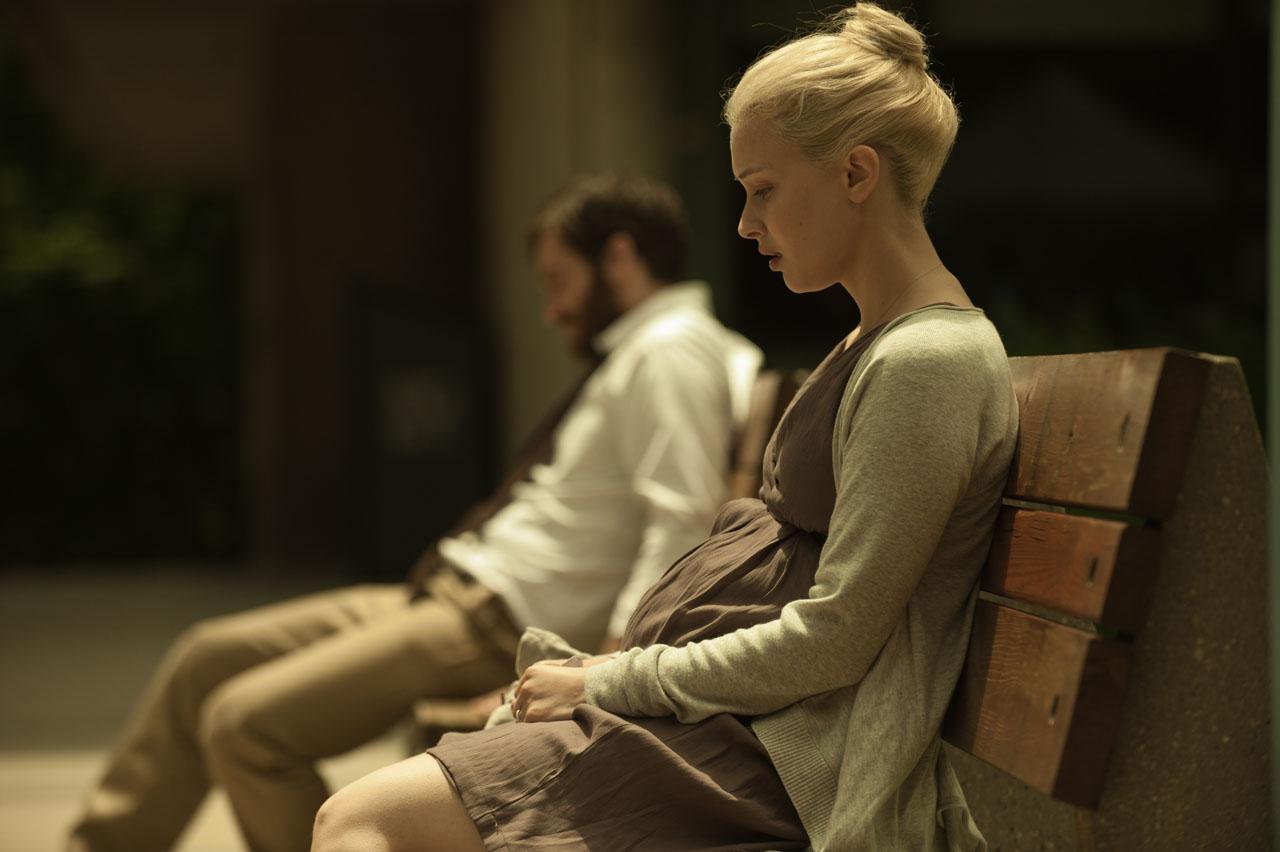
Many cinephiles may express surprise seeing this psychological thriller film on this list, but if you understand its core point, then you’ll know that it is all about triangular love. Jake Gyllenhaal has a double role here, but they are two separate personas of the same person.
When he starts to have an affair with a different woman (very discreetly since he has a pregnant wife), he has to behave with them differently, appearing as if he is a completely different person while meeting with them separately.
To depict that difficult psychological state, director Denis Villeneuve has used this impenetrable and complex plot that is shown in a very mysterious style.
17. Gate of Hell (Teinosuke Kinugasa, 1953)
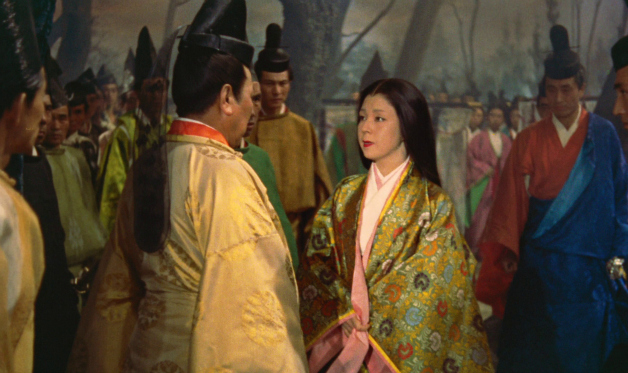
A samurai, who protects the emperor’s sister from a certain difficult situation, is overwhelmed by her beauty and begs for her hand in marriage as a reward. Not knowing that she is already married, he tries to win her heart through audacious as well as foolish deeds, which wind up as disastrous factors in their lives.
Although she remains torn for some time regarding whether to completely ignore him, she remains loyal to her husband. The tragic ending has made this love story unimaginable and this Palme d’Or winner film has remained as one of the greatest films of history.
16. Bitter Victory (Nicholas Ray, 1957)
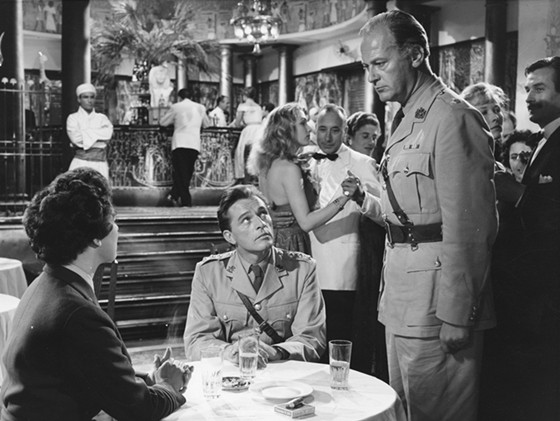
Set during World War II, two British military officers are sent out on a commando raid in northern Africa. When one of them invites the other for drinks with his wife, he learns that his wife previously had an affair with another officer.
These two rivals (in terms of love), the husband and the former lover of the same woman, indirectly find themselves rivaling each other during the war; most notably, the husband secretly wants to kill his wife’s former lover and show that he is stronger and more superior.
An interesting fact about these two rivals is that they are both of same force; the husband lacks the combat experience and commanding army, and knows nothing about Arabic language and the war zone they’re in, while the former lover is experienced in commanding, speaks Arabic fluently and knows about war zone.
15. Manji (Yasuzo Masumura, 1964)
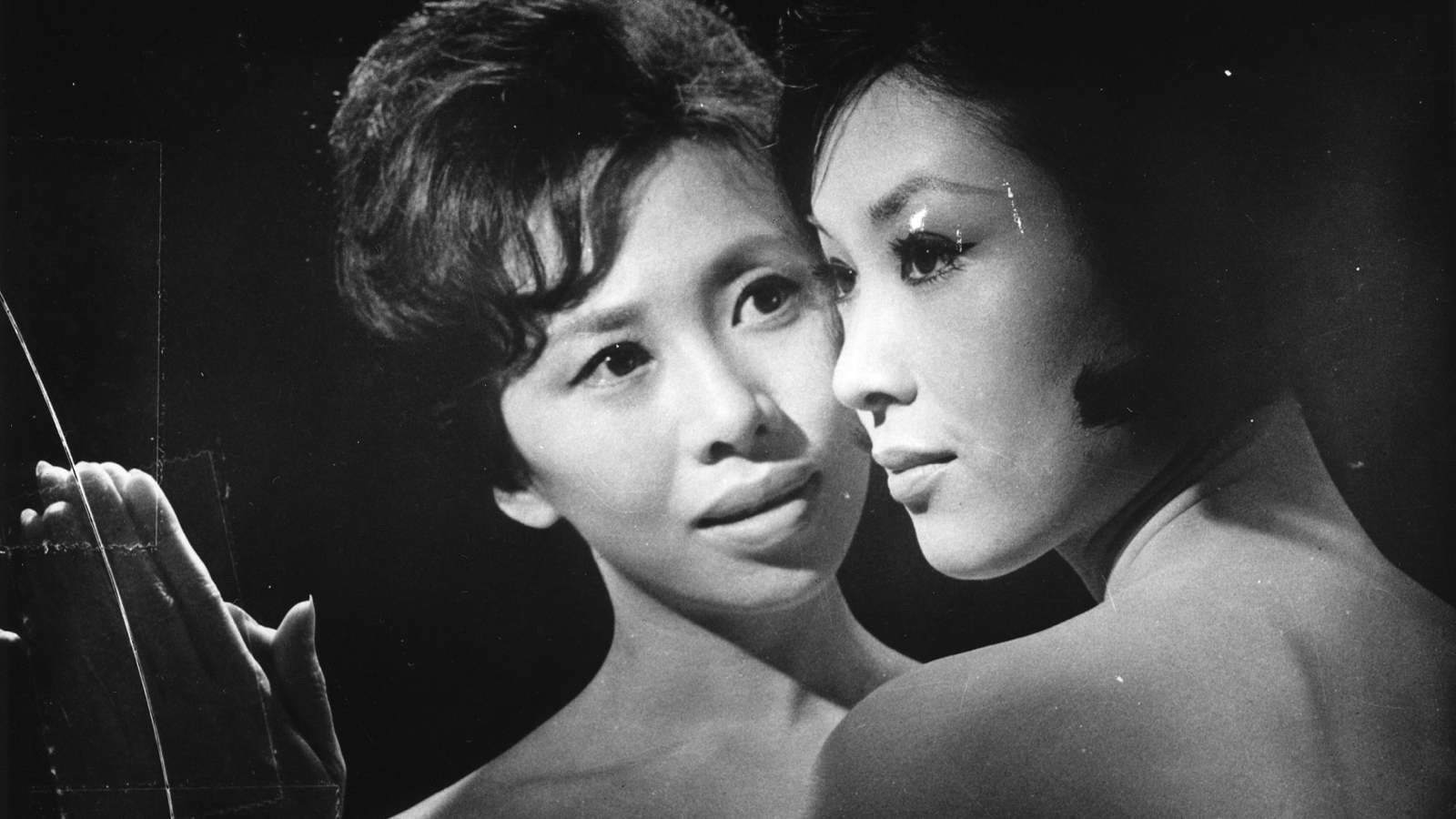
“Manji” is one of the greatest lesbian films ever made and you’ll find the unique Japanese savor in it. Its story shows the complexity of a relationship between its characters.
A married woman, distracted from her uninteresting marriage, falls in love with a beautiful model. After she develops a deep relationship with the model, her husband finds out the truth, but she doesn’t care. Psychologically, erotically and aesthetically, this film is highly powerful and remarkable.
14. The Deep Blue Sea (Terence Davies, 2011)
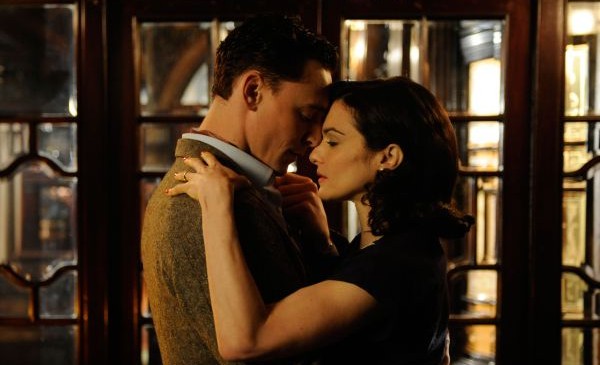
A married woman falls in love with another man, who gives her a certain excitement and thrill that her husband failed to provide. However, she can’t receive love from that man since he is no longer excited with her.
Unhesitatingly, he leaves her, which led her to become deeply distressed and frustrated. She even attempts suicide because he doesn’t care for her.
On the other hand, her husband remains unknown of this fact. The music selections, stunningly beautiful cinematography, and the depth of emotions are the best things about this film. Don’t miss it.
13. Double Suicide (Masahiro Shinoda, 1969)
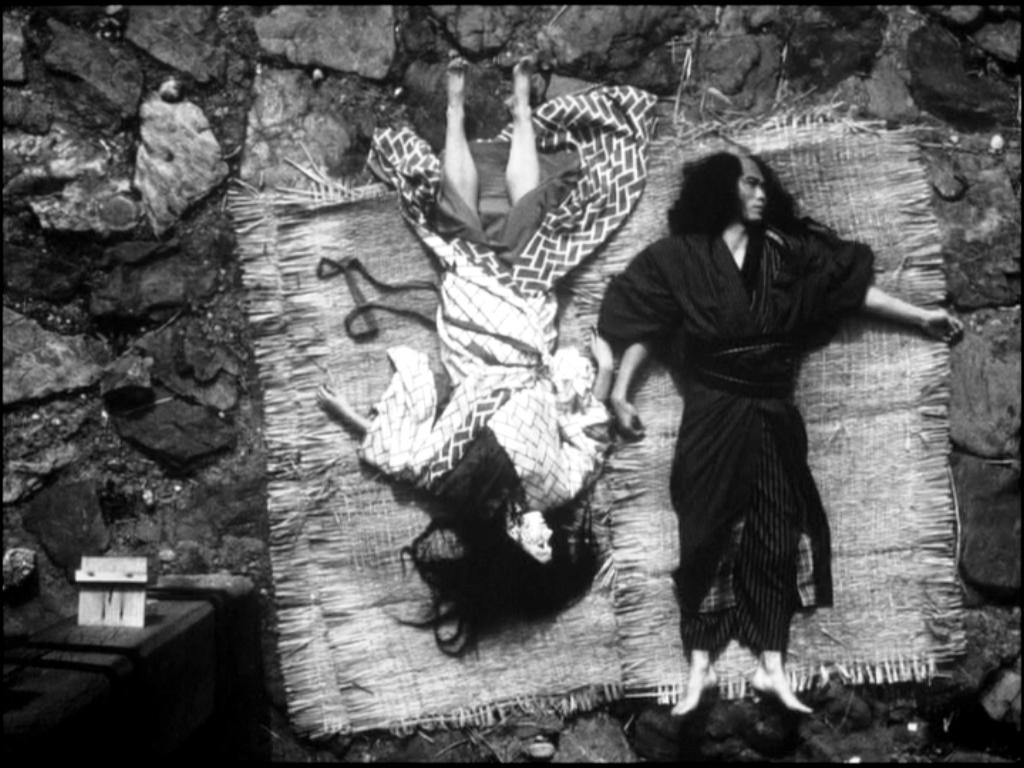
Set in the Edo period, this film tells the fascinating story of two lovers who have to kill themselves due to the denial of their love by society.
A married man with children falls in love with a prostitute and wants to live with her, in spite of his loyal and lovely wife (an interesting fact is that the role of the prostitute and wife are both played by director Masahiro Shinoda’s actress wife, Shima Iwashita).
No matter how deceitful the husband is and how crazy he is for that prostitute, his wife selflessly loves and cares for him. Even though he feels guilty about that fact, and that society and their relatives fully support his wife, he is still infatuated with his lover. Sadly, they don’t see any solution to their love, which causes their double suicide.
12. La Femme Infidele (Claude Chabrol, 1969)
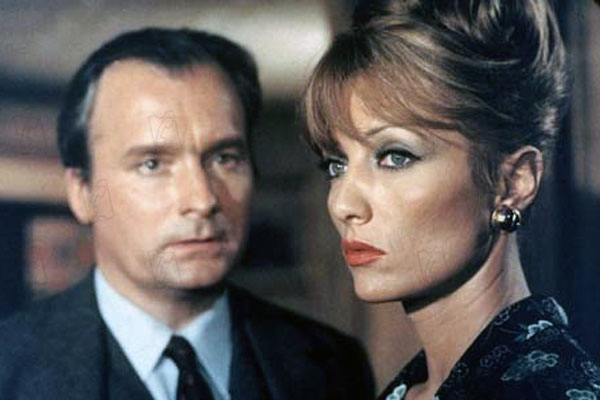
One of the greatest films about infidelity, this film is more of character study than a story and that is the reason that very few incidents happen here. Claude Chabrol meticulously portrayed his characters’ character, where one can’t even imagine what happens in the end.
When a husband grows suspicious of his wife’s frequent outings, he hires a private investigator and knows that she frequently visits a certain writer’s flat and spends time there. Getting curious, furious, hurt and jealous, he visits the writer’s room and tells him everything.
Even though the husband doesn’t seem to do anything bad, the writer is afraid; the husband’s jealousy led him to kill the writer. The unfaithful wife doesn’t know anything about this, but due to her lover’s sudden absence, she is deeply hurt. What happens next in this psychological romantic film? That is out of the realm of our imagination.
11. The Mother and the Whore (Jean Eustache, 1973)
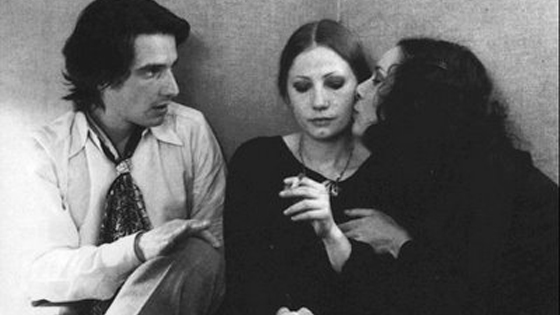
Full of interesting (and sometimes boring) conversations between its main characters, this film shows a fascinating love triangle, where Jean-Pierre Leaud can’t decide whether to chose the “mother” or the “whore”.
“Mother” is a woman who is many years older than him, and supports him financially and shows affection. “Whore” is a promiscuous girl who has a capacity for excitement in her relationship with him. However, director Jean Eustache hasn’t placed much importance to Leaud’s decision. His main concern is the lifestyle, characters, and conversations of his characters.